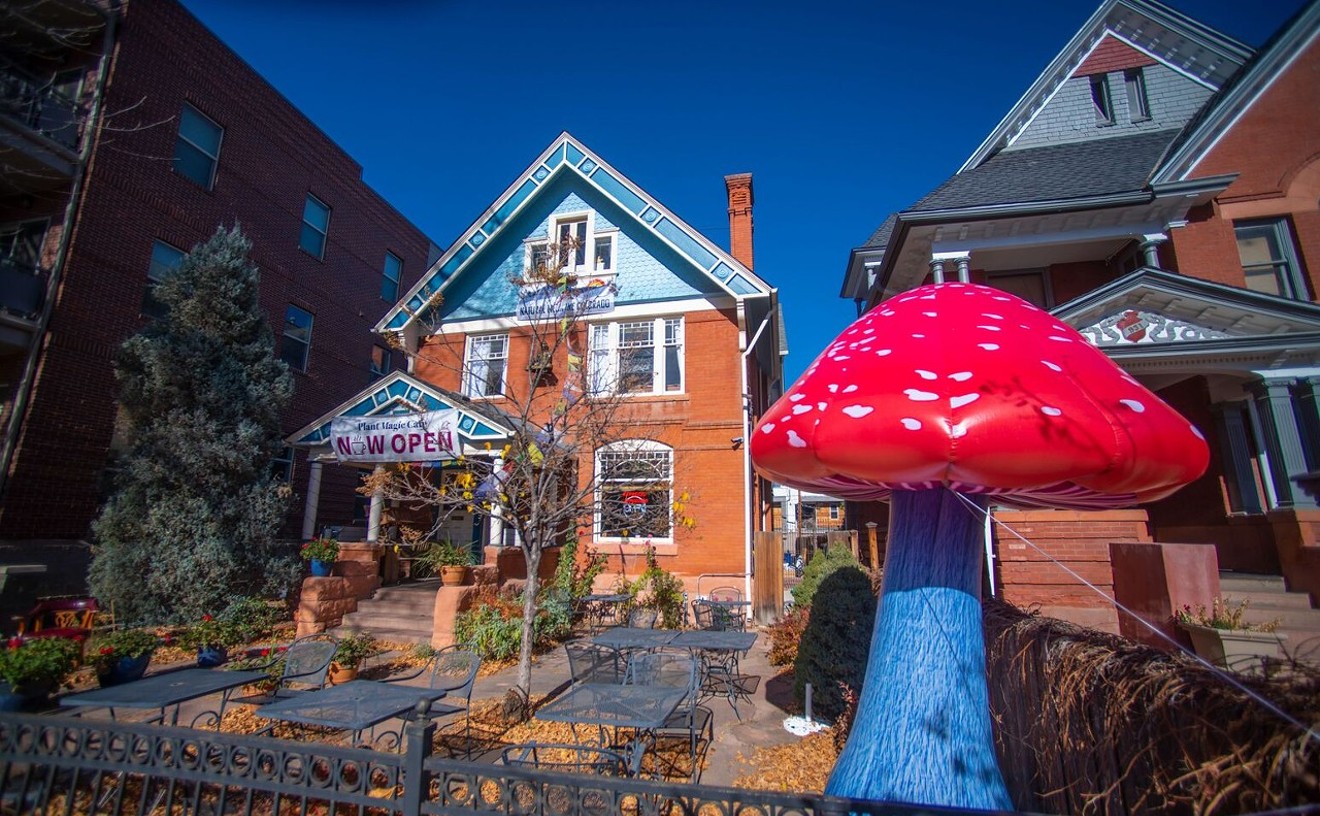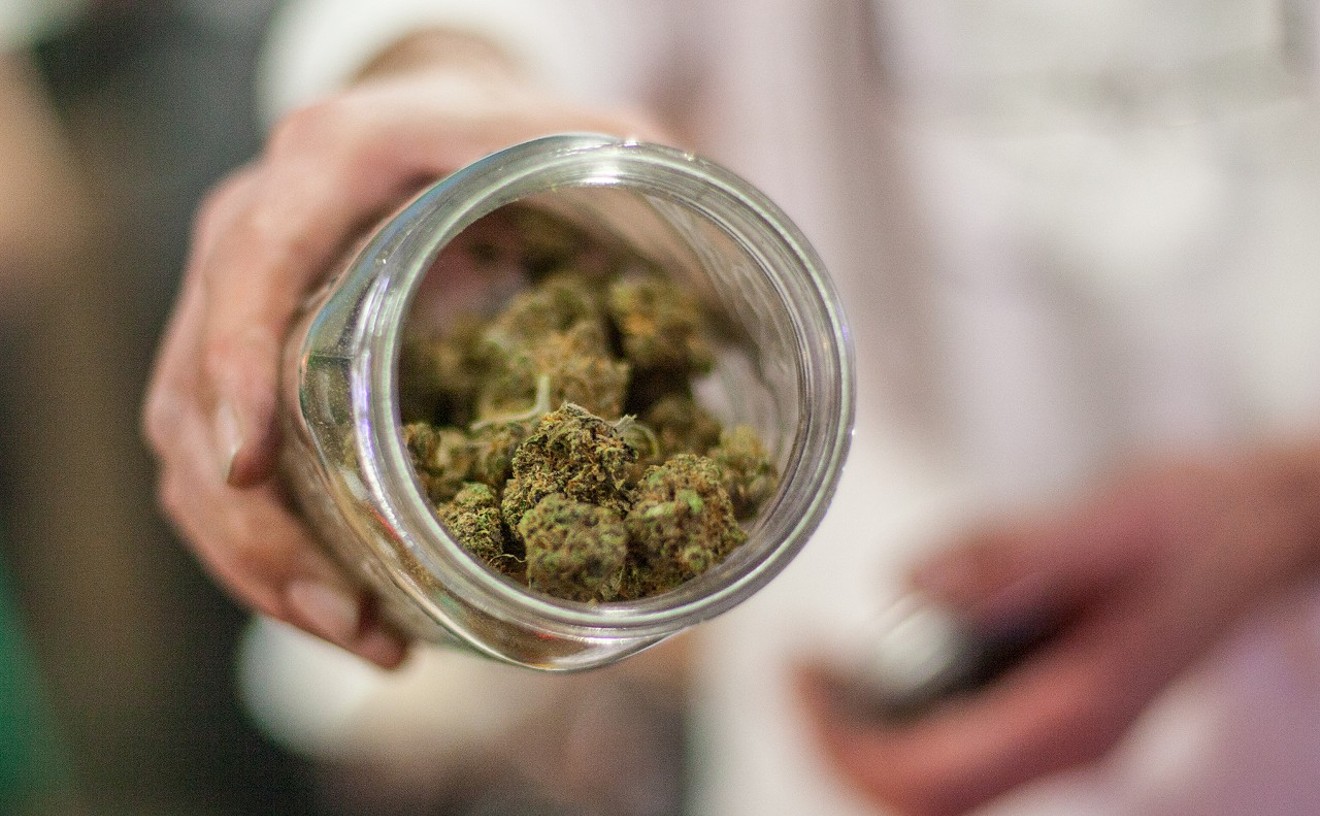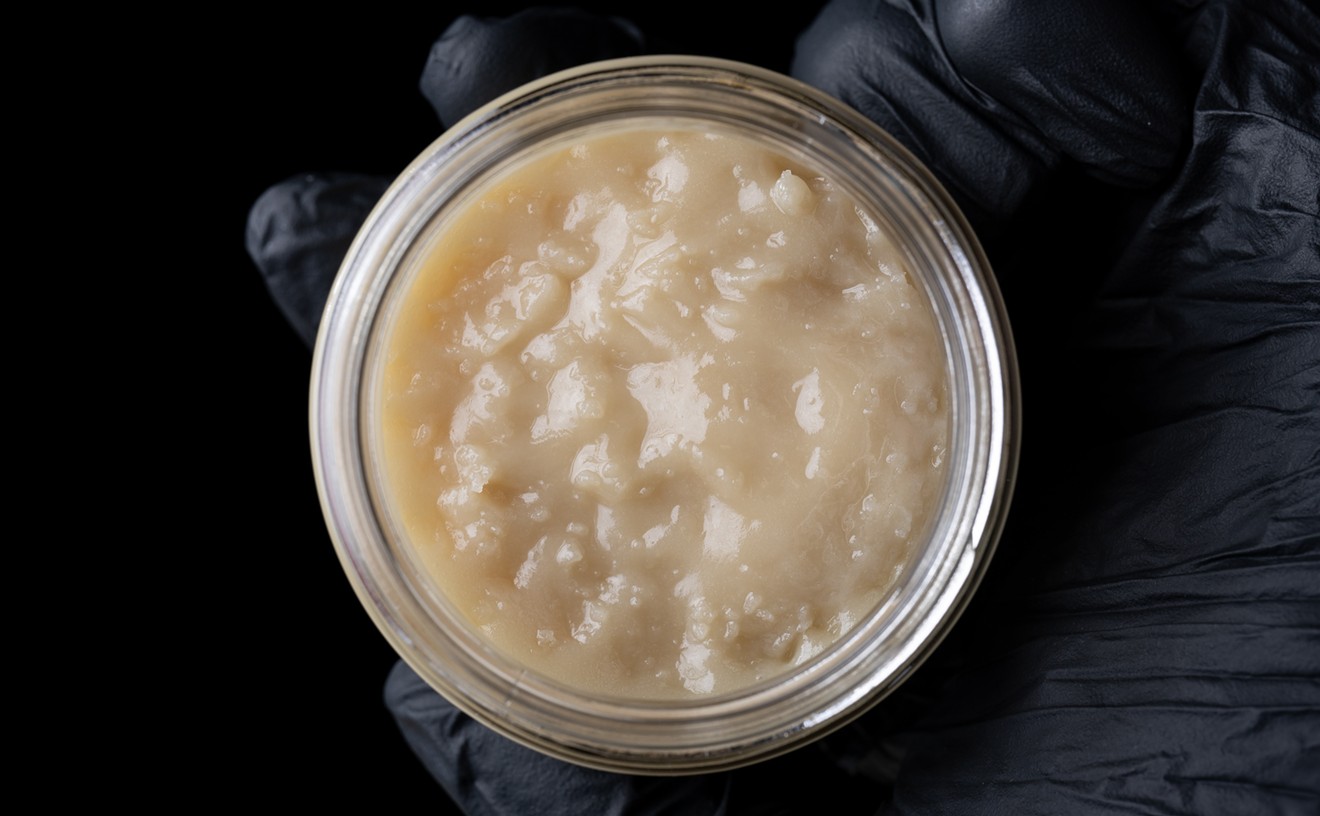Colorado's recreational marijuana industry is paying close attention to Proposition 119, a statewide ballot initiative that would raise pot taxes to help pay for out-of-school education.
The proposed State Learning Enrichment and Academic Progress Initiative (LEAP) program would create annual stipends that pay for out-of-school learning services such as after-school programs, individual tutoring and specialized after-school classes. Families earning between $25,000 and $50,000 a year would be prioritized for the $1,500 yearly stipends, according to Vote Yes on 119, the organization behind LEAP. Institutions such as the Boys & Girls Club and the YMCA would qualify for stipend payment, as would private tutors and learning providers.
A 5 percent recreational marijuana sales tax increase and the repurposing of a portion of investment revenue derived from leases, rents and royalties paid for state-owned lands would fund the new program. According to the initiative, diverted revenue from state-owned lands would provide an estimated $60 million for the program, and the remaining funds would come from the marijuana sales tax increase. The state's educational community is split on the issue, however, and Prop 119 could face more vocal opposition from the marijuana industry going forward.
The Colorado Education Association withdrew support of Prop 119 in June, adopting a neutral stance after questioning how accessible LEAP stipends would be for rural and low-income students while publicly stating that it preferred new forms of funding to go toward the state's education gap. Providers of free out-of-school programming also question the proposed funding allocation, as only for-cost services would be eligible for LEAP, according to Vote Yes on 119.
Scholars Unlimited, a Denver-based learning service that focuses on literary, arts and STEM skills, offers free out-of-school learning programs to kids across four metro-area school districts. According to president Diana Romero Campbell, her organization would have to begin charging parents in order to receive any potential LEAP funding, which would be doled out by a state-approved board.
"We are absolutely about creating these learning opportunities for out-of-school time. I think the existence of a continuum of education outside of school hours is very necessary," Romero Campbell says. "But it's not the 'what.' It's more about the 'how.'"
Romero Campbell would like to see more money provided for public schools and after-school programs before private learning enterprises and summer services receive funding, pointing to the state's educational budget deficit and the number of Colorado school districts that are currently on a four-day school week to cut costs. She also questions how low-income, rural and technology-deficient families would effectively learn about and access LEAP funding.
"When you talk about equity and access across the state, there is capacity that needs to be built, and a comprehensive program, as well," she notes. "A five-day-per-week after-school program for x amount of hours a day is different than a free, one-hour dance class."
Prop 119 isn't without powerful support, though; a host of politicians back the initiative, including former governors Bill Owens and Bill Ritter, and former mayor Wellington Webb, as well as such influential educational organizations as Mile High Early Learning, Servicios de la Raza and Gary Community Ventures, a nonprofit organization that has spent nearly $1 million on Prop 119.
Gary Community Ventures CEO and former gubernatorial candidate Mike Johnston argues that LEAP is just what low-income communities need to raise educational achievement. In a previous interview with Westword, Johnston said, "There is no foundation in reality in the claim" that LEAP would bypass low-income and minority students, arguing that the program would enable easier access to extra classes, activities and tutoring, including after-school programs.
According to Johnston, a lack of summer education is a major contributor to learning and achievement gaps when comparing students from low-income families to those from middle- and high-income families — and public school teachers could earn extra money by providing that out-of-school tutoring.
The pot industry, accustomed to yearly tax increases at the state and local levels, isn't on board with the proposed tax hike and has adopted a similar message to those questioning LEAP in the educational community.
"Rather than addressing structural deficiencies in our state budget, politicians are trying to offer a Band-Aid solution on the backs of cannabis consumerism," says Peter Marcus, head of communications for Colorado-based marijuana dispensary chain Terrapin Care Station. "We should put our money toward building and improving traditional community K-12 schools."
Colorado currently imposes a 15 percent special tax on recreational marijuana sales, with local governments implementing their own marijuana sales and industry taxes on top of that. If approved, the ballot initiative would raise the state sales tax portion to 20 percent. Marcus likens the tax to "robbing Peter to pay Paul," adding that any new cannabis tax revenue in Colorado should go "inside the classroom."
Marcus expects the cannabis industry to begin campaigning against LEAP as November nears, and says that he believes the strength of the marijuana vote is large enough to make a difference despite Prop 119 coming up during an off-year election, when marijuana-focused voters aren't as active.
"You'll see the cannabis industry-activating messaging, at the very least, inside of dispensaries and through our networks. You'll see handouts and fliers and things like that. We've seen success in activating the cannabis voter before with Jared Polis's [gubernatorial] campaign," he says.
Prop 119 isn't the only tax hike that Colorado's marijuana industry will face at the ballot box in November. Voters in Denver, home to over 200 individual pot shops, will consider a local proposition that would raise the city's recreational marijuana sales by 1.5 percent to fund pandemic research and public response plans during pandemics. According to proponents of that measure, around $7 million would be raised annually by the tax increase, with all of it going toward the University of Colorado Denver CityCenter — a partnership of CU Denver, the City of Denver and local businesses — for research.
[
{
"name": "Air - MediumRectangle - Inline Content - Mobile Display Size",
"component": "12017618",
"insertPoint": "2",
"requiredCountToDisplay": "2",
"watchElement": ".fdn-content-body",
"astAdList": [
{
"adType": "rectangle",
"displayTargets": "mobile"
}
]
},{
"name": "Editor Picks",
"component": "17242653",
"insertPoint": "4",
"requiredCountToDisplay": "1",
"watchElement": ".fdn-content-body",
"astAdList": [
{
"adType": "rectangle",
"displayTargets": "desktop|tablet"
},{
"adType": "rectangle",
"displayTargets": "desktop|tablet|mobile"
}
]
},{
"name": "Inline Links",
"component": "18838239",
"insertPoint": "8th",
"startingPoint": 8,
"requiredCountToDisplay": "7",
"maxInsertions": 25
},{
"name": "Air - MediumRectangle - Combo - Inline Content",
"component": "17261320",
"insertPoint": "8th",
"startingPoint": 8,
"requiredCountToDisplay": "7",
"maxInsertions": 25,
"watchElement": ".fdn-content-body",
"astAdList": [
{
"adType": "rectangle",
"displayTargets": "desktop|tablet"
},{
"adType": "rectangle",
"displayTargets": "desktop|tablet|mobile"
}
]
},{
"name": "Inline Links",
"component": "18838239",
"insertPoint": "8th",
"startingPoint": 12,
"requiredCountToDisplay": "11",
"maxInsertions": 25
},{
"name": "Air - Leaderboard Tower - Combo - Inline Content",
"component": "17261321",
"insertPoint": "8th",
"startingPoint": 12,
"requiredCountToDisplay": "11",
"maxInsertions": 25,
"watchElement": ".fdn-content-body",
"astAdList": [
{
"adType": "leaderboardInlineContent",
"displayTargets": "desktop|tablet"
},{
"adType": "tower",
"displayTargets": "mobile"
}
]
}
]












